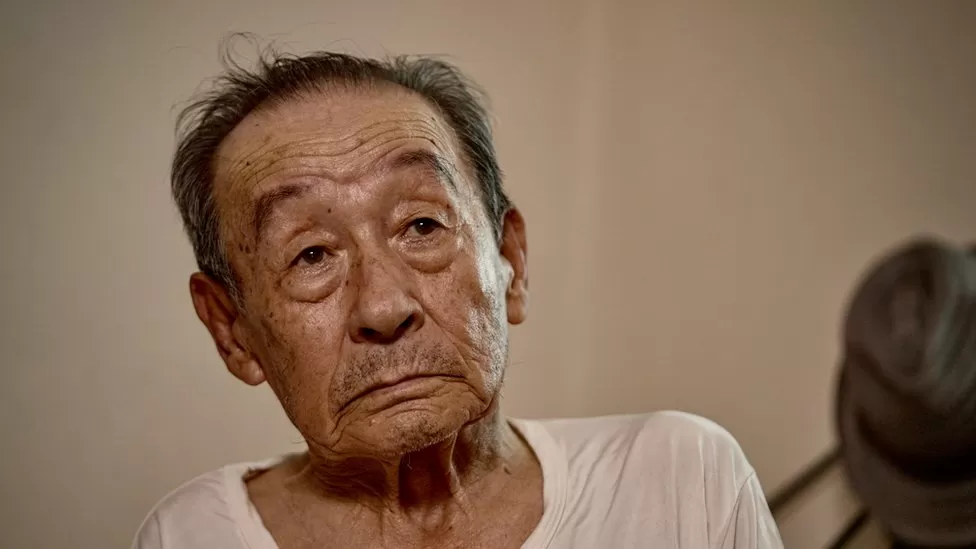South Korean POWs abandoned for decades in North Korea

It’s a struggle for Lee Dae-bong to get out of bed at the age of 92. The life he has lived has been enough for him. His left hand reveals three missing fingers as he readjusts his pyjamas.
The injury he suffered was not caused by the war he fought, but by 54 years of toiling in a North Korean coal mine.
During the Korean War, Chinese troops fighting alongside North Korea captured the former South Korean soldier. Exactly one month before the armistice that brought an end to three brutal years of fighting, the first day of the battle of Arrowhead Hill took place on 28 June 1953.
Except for three members of his platoon, all were killed that day. When he and the two other survivors boarded a cargo train, he thought they would be heading home to South Korea, but the train veered north, to the Aoji coal mine, where he would spend the rest of his life. He was told that he had been killed in combat by his family.
After the Korean War ended with an armistice agreement that divided the peninsula, between 50,000 and 80,000 South Korean soldiers were held captive in North Korea.
The prisoners have never been returned, and no peace treaty was ever signed. Only a few escapees have succeeded in plotting their own escape, including Mr Lee.
This is the longest ceasefire in history, despite some skirmishes over the decades.
The absence of peace has ravaged Mr Lee’s life, as well as those of his fellow prisoners and their families. The Korean War isn’t over as North and South Korea mark 70 years since signing the agreement.
He worked a week in a coal mine followed by a week studying North Korean ideology until, in 1956, he and the other prisoners were stripped of their military titles and told to marry and assimilate.
As a result, they, as well as their new families, were designated as outcasts and were placed at the bottom of the social caste system in North Korea.
It was excruciating work digging coal for more than 50 years, but Mr Lee says the spectre of injury and death was the hardest to bear.
As he watched various friends die in a series of methane gas explosions, the loss of his fingers seemed minor.
The coal mine took our entire youths, waiting for and fearing a meaningless death at any moment, he explains. When animals are near death, they return to their caves when they are near death. I missed home so much, especially my family.
